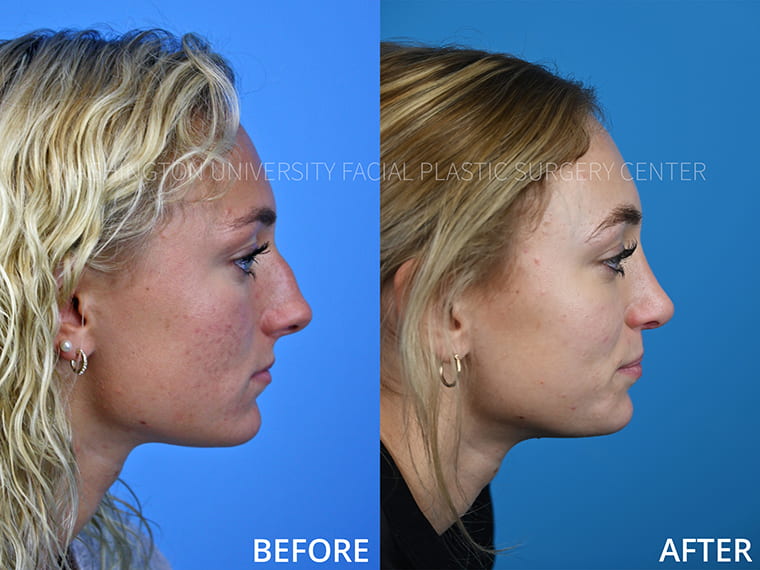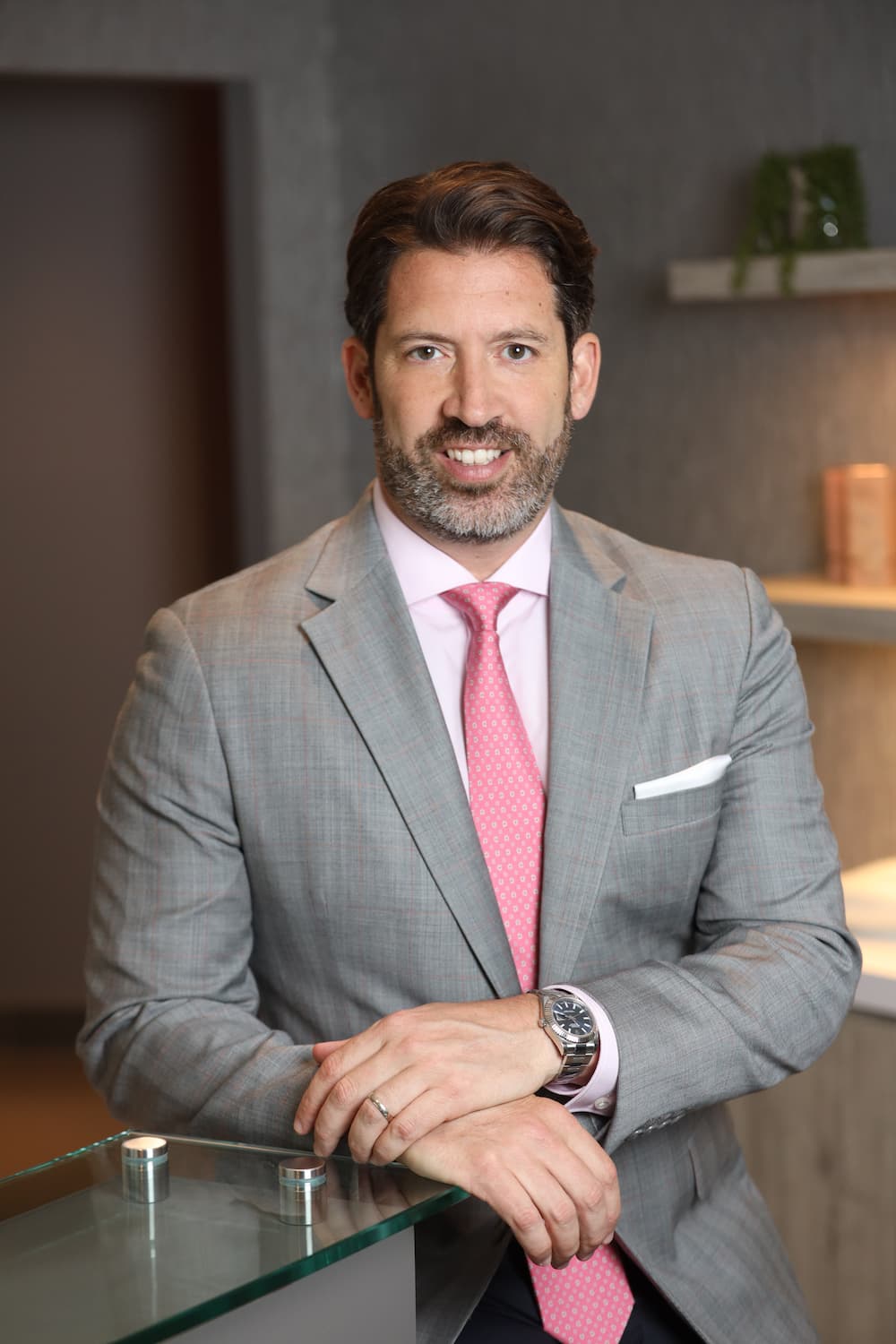Mommy Makeover Bellevue: Restore Your Pre-Baby Body with Specialist Care
Mommy Makeover Bellevue: Restore Your Pre-Baby Body with Specialist Care
Blog Article
A Deep Study the Typical Reason for Looking For Aesthetic Surgical Procedure: Unpacking the Need for Modification and Self-Improvement

Societal Stress and Appeal Standards
Regularly, societal stress and dominating charm criteria play a considerable function in people' choices to seek plastic surgery (liposuction bellevue). In contemporary culture, graph greatly affects personal perceptions of beauty, typically continued by media, celeb endorsements, and social platforms. These channels frequently advertise idealized versions of elegance, leading people to internalize these criteria and examine their self-respect against them

Moreover, these pressures are not restricted to certain demographics; they influence individuals throughout numerous ages, genders, and backgrounds, highlighting the prevalent nature of appeal requirements. This prevalent impact raises crucial inquiries regarding the principles of cosmetic surgical treatment and the ramifications of social criteria on private choices. Inevitably, comprehending these stress is essential for promoting a more comprehensive definition of appeal that celebrates variety.
Personal Experiences and Transformative Stories
Several individuals who undertake plastic surgery report transformative experiences that prolong past simple physical adjustments. For lots of, these treatments work as a driver for improved self-worth and a renewed feeling of identity. Patients regularly explain sensation freed from long-standing instabilities, leading to enhanced self-confidence in both individual and professional worlds.
Take, for example, the tale of a young woman who undertook boob job after years of feeling self-conscious about her look. Post-surgery, she reported not just a newly found convenience in her body yet likewise a considerable improvement in her social life and occupation possibilities. Likewise, a middle-aged man who chose to undergo a renovation shared how the procedure renewed his expectation on life, motivating him to pursue new passions and connections.

Psychological Aspects Behind Aesthetic Surgical Procedure
Various emotional elements add to the decision to go through cosmetic surgery, reflecting deeper psychological and mental wellness considerations. Individuals frequently pursue surgical improvements as a means to attend to feelings of insufficiency, reduced self-confidence, or discontentment with their look. These emotional inspirations can be rooted in previous experiences, social contrasts, or personal ambitions.
Body picture distortion is a widespread concern, where people regard their physical attributes in an exaggeratedly negative light. This distortion can cause compulsive ideas about regarded imperfections, prompting the wish for medical change as a remedy. In addition, the search of excellence and societal stress can amplify these sensations, pressing individuals toward cosmetic procedures in hopes of achieving an idealized version of themselves.
Moreover, the concept of self-improvement plays an essential role. Several people check out cosmetic surgical treatment as a path to boost their top quality of life, believing that boosted appearance will certainly cause boosted social acceptance, much better partnerships, or enhanced occupation opportunities. Ultimately, the emotional elements behind plastic surgery emphasize the complicated interplay in between individual self-perception and outside influences, exposing the multifaceted nature of the need for modification.
The Duty of Media in Assumption
In today's culture, media plays a critical role fit understandings of elegance and self-regard. Via different platforms-- social media sites, tv, why not look here and advertising and marketing-- idealized standards of appeal are frequently distributed, affecting private aspirations and self-image. These representations frequently emphasize slim definitions of good looks, mainly featuring younger, slim, and see this site digitally enhanced images, which can develop impractical benchmarks for individuals making every effort to adjust.
The effect of media is further worsened by the pervasive nature of social media sites, where users are pounded with curated web content that highlights cosmetic enhancements, backing a culture of comparison. This continuous exposure can bring about feelings of inadequacy amongst visitors, prompting them to think about cosmetic surgical procedure as a means of achieving the perceived ideal. Study suggests that individuals that involve with these media depictions are most likely to reveal discontentment with their look, enhancing the need for medical treatments.
Moreover, the normalization of cosmetic surgery in media narratives can desensitize audiences, framing such procedures as commonplace and even necessary for social approval. Thus, the media's portrayal of beauty not only influences specific choices regarding cosmetic surgery but also contributes to a broader social discussion concerning self-regard and identification.
Honest Considerations and Future Trends
Amidst the growing popularity of plastic surgery, moral factors to consider surrounding the practice have actually come to be progressively popular. As the demand for treatments increases, so also do worries relating to notified consent, the psychological inspirations of clients, and the potential for exploitation by surgeons. It is crucial for professionals to guarantee that people totally understand the advantages and dangers, as well as the ramifications of their choices, to cultivate an accountable strategy to aesthetic enhancements.
In addition, the influence of social media and appeal criteria questions regarding the impact on psychological wellness, particularly among prone populations. As understanding of body image issues expands, ethical practice demands a careful like this evaluation of the inspirations behind medical interventions. Cosmetic surgeons must balance individual needs with honest obligation, making sure that decisions are rooted in real self-improvement instead of societal stress.
Seeking to the future, fads may change in the direction of non-invasive and technically progressed treatments, stressing individual safety and security and contentment. Furthermore, the unification of psychological examinations might assist address underlying concerns prior to surgical intervention. The plastic surgery area need to adapt to these ethical difficulties while advertising a society of transparency and self-acceptance, inevitably prioritizing the well-being of clients.
Conclusion
To conclude, the search of cosmetic surgical procedure is affected by an assemblage of social stress, individual experiences, and psychological elements. The need for alignment with dominating beauty criteria, coupled with the possibility for transformative outcomes, underscores the complicated motivations driving individuals toward these treatments. Furthermore, the role of media in forming perceptions of beauty can not be underrated. As honest considerations progress, future trends in plastic surgery will likely mirror continuous societal dialogues surrounding self-improvement and specific identity.
Often, social pressures and prevailing beauty criteria play a significant duty in people' decisions to pursue cosmetic surgical treatment. liposuction bellevue. Eventually, these transformative tales highlight the multifaceted factors individuals look for cosmetic surgical procedure, linking personal development with the pursuit of aesthetic enhancement
Numerous individuals check out cosmetic surgical procedure as a pathway to improve their high quality of life, thinking that enhanced appearance will lead to enhanced social approval, better connections, or enhanced career chances. Eventually, the psychological elements behind cosmetic surgery underscore the complex interplay between private self-perception and exterior impacts, revealing the diverse nature of the wish for adjustment.
As ethical considerations evolve, future fads in cosmetic surgical treatment will likely show continuous social dialogues bordering self-improvement and specific identity. liposuction bellevue.
Report this page